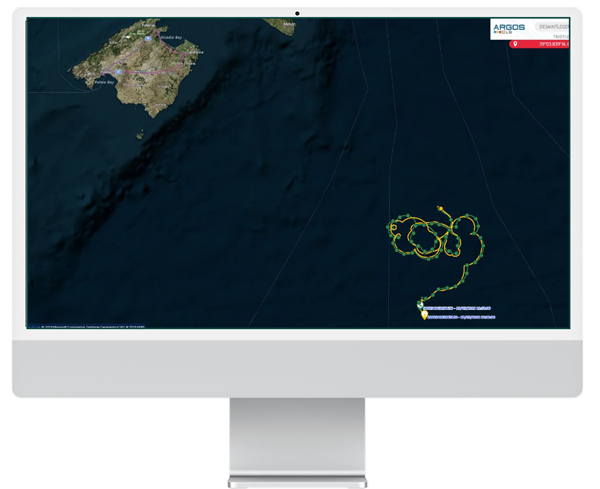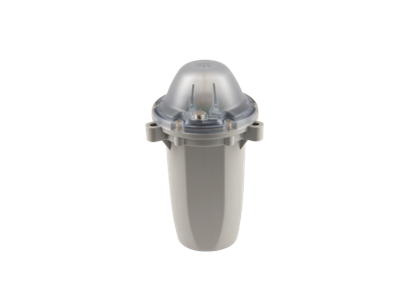NAOS is a simple and compact Argos-GNSS satellite buoy designed for tracking and re-locating fishing gear such as lines, nets, pots, traps and anchored and drifting FADs.
It has been developed to support environmental and fisheries resource management, with the hope of initiating recycling practices within circular economies.
The unit brings global connectivity with flexible reporting rates of up to 96 positions/day via the Argos/Kineis satellite constellations.
NAOS is already tested and deployed in several oceans.
At-sea testing of protoypes
At-sea testing of protoypes and rollout in several countries
for various ALDFG initiatives:
- Pacific region: with ISSF partner
- French Guiana: with our partner CEDRE Guyane
- Vanuatu: anchored FAD tracking/monitoring program in collaboration with GGGIAustralia: tracking and retrieval of discarded ‘ghost’ nets
- Mediterranean sea: beacons deployed in Toulon
Economic, safety, environmental and fishing efficiency reasons: why FAD monitoring is essential
Tracking fishing aggregating devices (FADs) with technologies like NAOS can prevent their loss and subsequent negative impacts in several ways.
The real-time tracking provided by NAOS allows authorities and fishing fleets to quickly identify when FADs are drifting off course or have become lost. This enables prompt intervention to retrieve the devices before they entangle marine life or drift into areas where they pose navigation hazards.
It helps prevent economic losses for fishermen. FADs are valuable tools for commercial fishing operations, as they attract target species and improve catch rates. When FADs are lost, fishermen not only lose their initial investment but also potential income from reduced catch yields. By ensuring the timely retrieval of lost FADs, NAOS helps minimize economic losses for fishermen and supports the sustainability of their livelihoods.
Overall, by preventing the loss of FADs through timely tracking and intervention, NAOS Beacon technology plays a crucial role in mitigating environmental pollution, reducing economic losses for fishermen, and promoting sustainable fisheries management practices in the Indian Ocean and beyond.


